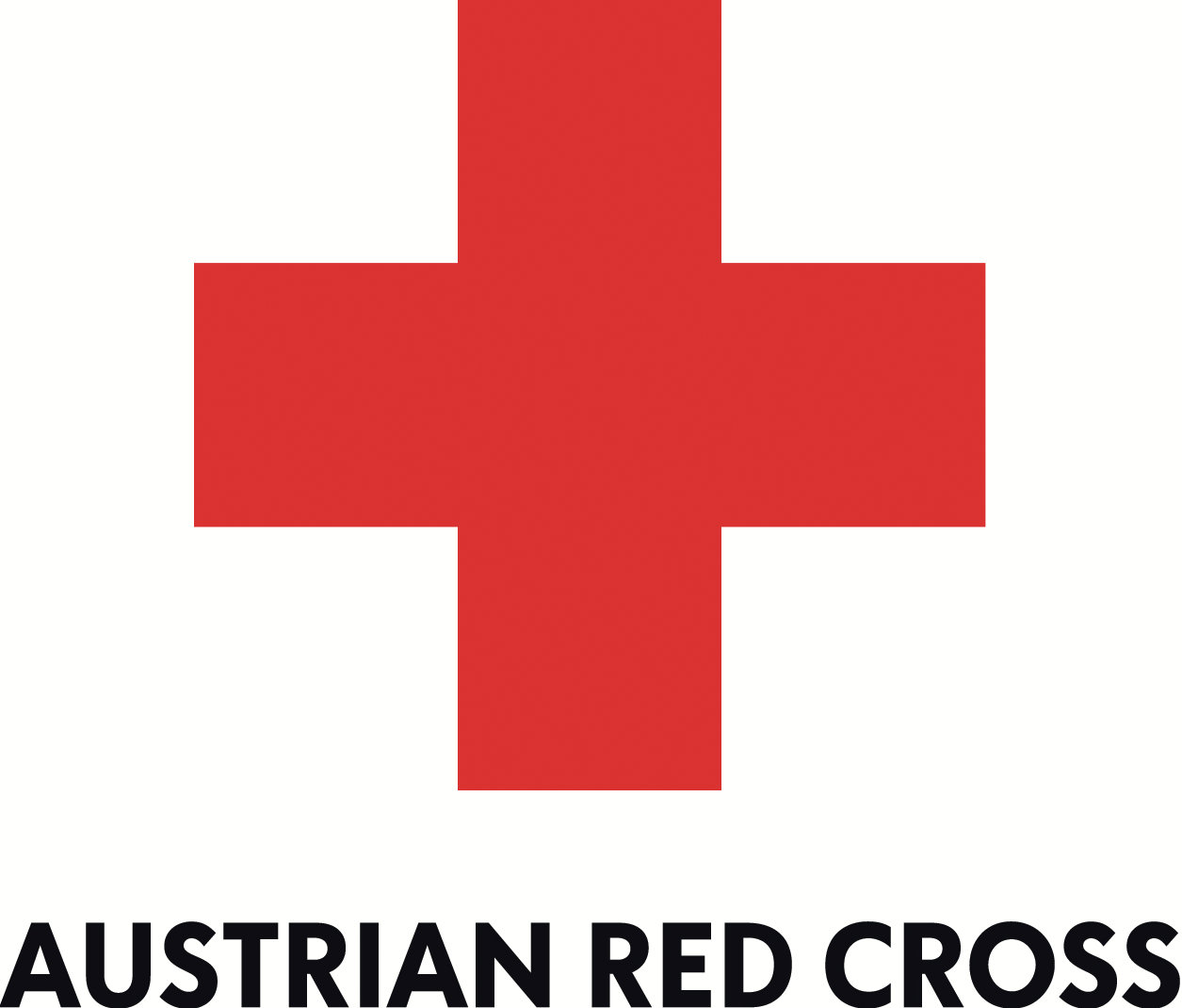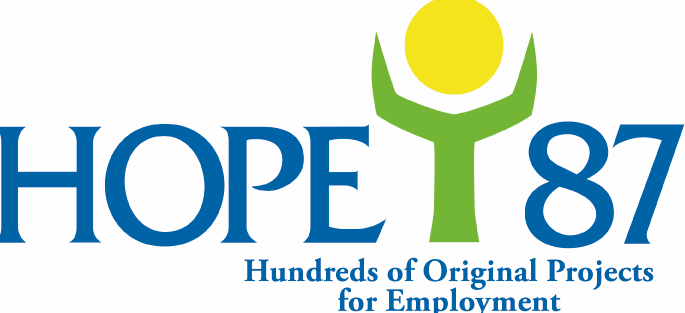Flight and displacement: a global reality. At present, more than 65 million people worldwide are on the run. About 80 percent of displaced people seek shelter in their home regions and only a fraction of those who leave their countries try to make it as far as Europe. On that note, it is a global phenomenon and a challenge that concerns Europe only to some extent. Nevertheless, EU countries respond by following a policy of deterrence vis-à-vis asylum seekers.
Against this background, international and national experts from humanitarian organizations, politics, science and the media as well as those affected by this topic discussed challenges around flight and migration at the 4th Humanitarian Congress in Vienna on 3rd March 2017. „Forced to Flee – Humanity on the Run“ was the overarching motto that covered consequences of political decisions for people, reasons for forced migration, the situation of human rights, the EU refugee agreements with Turkey and Libya, but also health challenges for refugee organizations. 500 participants on site and 2000 online users witnessed a range of interesting and inspiring discussions.
Important frameworks for this topic are the New York UN Declaration for Refugees and Migrants, drafted in September 2016, the more than 3000 individual commitments entered into by governments (like Austria, a.o.), NGOs, international organizations, the UN and further stakeholders at the World Humanitarian Summit 2016 in Istanbul, as well as the 2030 Agenda for Sustainable Development including the Sustainable Development Goals. We would like to summarize the conclusions and recommendations of the 4th Humanitarian Congress in Vienna in the following four areas of action:
- Sustainable political solutions instead of deterrence: The EU und its member states try to curb migration by following a restrictive asylum policy based upon deterrence. This assumption is a misconception and will not work, however. Borders cannot be closed hermetically and will not stop people in search of security and protection. Populist politics that focus on national security and domestic affairs might perhaps convince voters in the short term, but do not offer long-term solutions. Flight and migration are global topics that are likely to accompany us in the years to come, while conflicts and their consequences represent the most prominent causes for forced displacement. A whole-of-society-approach is therefore needed, along with a corresponding implementation of politics, as laid out and agreed to in the New York UN Declaration for Refugees and Migrants in September 2016. In this document, Member States unanimously agreed on a strategy for a global approach towards migration, e.g. an increased focus on the elimination of causes for migration, cooperation in the prevention and solution of conflicts, compliance with human rights and creation of secure and legal ways to apply for asylum. Politicians are requested to implement and further promote this and other joint agreements on the basis of democratic rights and values.
- Strict compliance with International Humanitarian Law instead of regression into barbarism: Bombardments of hospitals and attacks on medical staff are clear violations against international humanitarian law. Rights that have been existent and valid for decades as pillars of democratic societies and humanity are increasingly being violated -a tendency which might lead to a regression into barbarism. As Kate Gilmore, UN Deputy High Commissioner for Human Rights, puts it: “In order to save mankind and humanity from hell”, we all have to raise our voices – incessantly – as private persons, as civil societies and as organizations to remind governments, politicians and international organizations to put rights above power, to abide by international humanitarian law and demand strict compliance with its provisions („Power won’t save us. People can“).
- Increased coordination of humanitarian aid and development cooperation instead of instrumentalisation: We strictly reject tendencies to use and exploit humanitarian aid and financial means granted for development cooperation for the purpose of curbing forced migration and rejecting people. This attitude is shared by many congress participants. Development cooperation aims at long term and sustainable development by overcoming poverty and opening up life perspectives for people. One way to achieve this goal is taking precautionary measures in areas of crisis in order to e.g. increase resilience in affected communities. On the other hand, humanitarian aid has a clear priority, which is to save lives, alleviate suffering and respond to people’s immediate needs only. Two different approaches with different priorities, but both are needed – effective humanitarian aid and sustainable development cooperation.
Increased interaction and improved coordination of humanitarian aid and development cooperation are indispensable to be able to respond to future crises in a more adequate manner. Politicians, aid and development organizations are called upon to guarantee smooth coordination between these two areas.
- Civil societies as important partners: It shows that states often do not possess the required capacity or motivation to fully support refugees. A whole-of-society-approach is therefore needed, a holistic cooperation of all stakeholders involved. A key element in this process is the commitment of civil societies and especially of volunteers, as proven by the events in the year 2015 in Austria, among others. Interaction and cooperation among NGOs, as well as with volunteers and local authorities needs to be strengthened.
We feel that in the political and societal discourse on refugees and forced migration, it would be important to stress positive aspects about migration in general, underline advantages of pluralistic societies and display examples of successful integration of refugees (like Uganda receiving refugees from South Sudan who fled war and persecution). In this way, the political narrative may take its focus off public security aspects. It is important, though, to leave our “bubble” and proactively seek the dialogue with critics.
According to the motto „Stand up for Humanity“ all of us are called upon to speak up for and demand – again and again – more humane politics so that humanity will never be lost.
The organising organisations of the Humanitarian Congress Vienna.


















